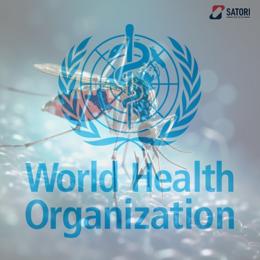Picture: for illustration purposes
Imminent Climate Crisis Alert by Top Global Scientists
International scientists in the latest issue of BioScience, have issued a grave warning concerning the accelerating pace of climate change. They cite 20 out of 35 vital signs used to track humanity's environmental impact as displaying record extremes. These vital signs monitor elements including greenhouse gases, deforestation rates, sea ice extent, and fossil fuel consumption.
Former post-doctoral researcher from Oregon State University College of Forestry, Christopher Wolf emphasized the deep-seated need for actions addressing humanity's over-consumption of Earth's resources, in the absence of which we move towards potential socio-economic and natural system collapse.
This critical report serves as an update to the alarming 2019 World Scientists Warning of the Climate Emergency report endorsed by 15,000-plus scientists from 163 countries. In the years since this warning, scientists have noted escalating weather upheavals due to the warming planet, the catastrophic Canadian wildfires, and recorded global temperatures exceeding pre-industrial levels by more than 1.5 degrees Celsius for 38 days.
Lead author and Professor at Oregon State University College of Forestry, William Ripple expressed dismay – the reactive measures taken to curb climate change haven't been extensive enough, and the frequency of climate-related disasters is higher than expected. Additionally, climate-change-related risks to food security will exacerbate the rise in chronic hunger, increasing from 735 million to 857 million people since 2019.
To impede the progression of climate change, the authors suggest policy reforms that prevent overconsumption and excessive emissions, the adoption of plant-based diets, phasing out of fossil fuel subsidies, protection of forests, and integrating international coal elimination and fossil fuel non-proliferation treaties.
Simultaneously, they remain hopeful that recent climate-related crises could motivate large-scale action creating demand amongst citizens for aggressive mitigation and adaptive strategies to climate change.
However, Professor Coleen Vogel of Wits University’s Global Change Institute sees a gap in the report, noting the absence of practical steps for combating climate change and insists on necessary collective actions.
Despite the challenges, the adverse impacts of climate change can be mitigated by radical societal changes and immediate collective action by countries around the world.





